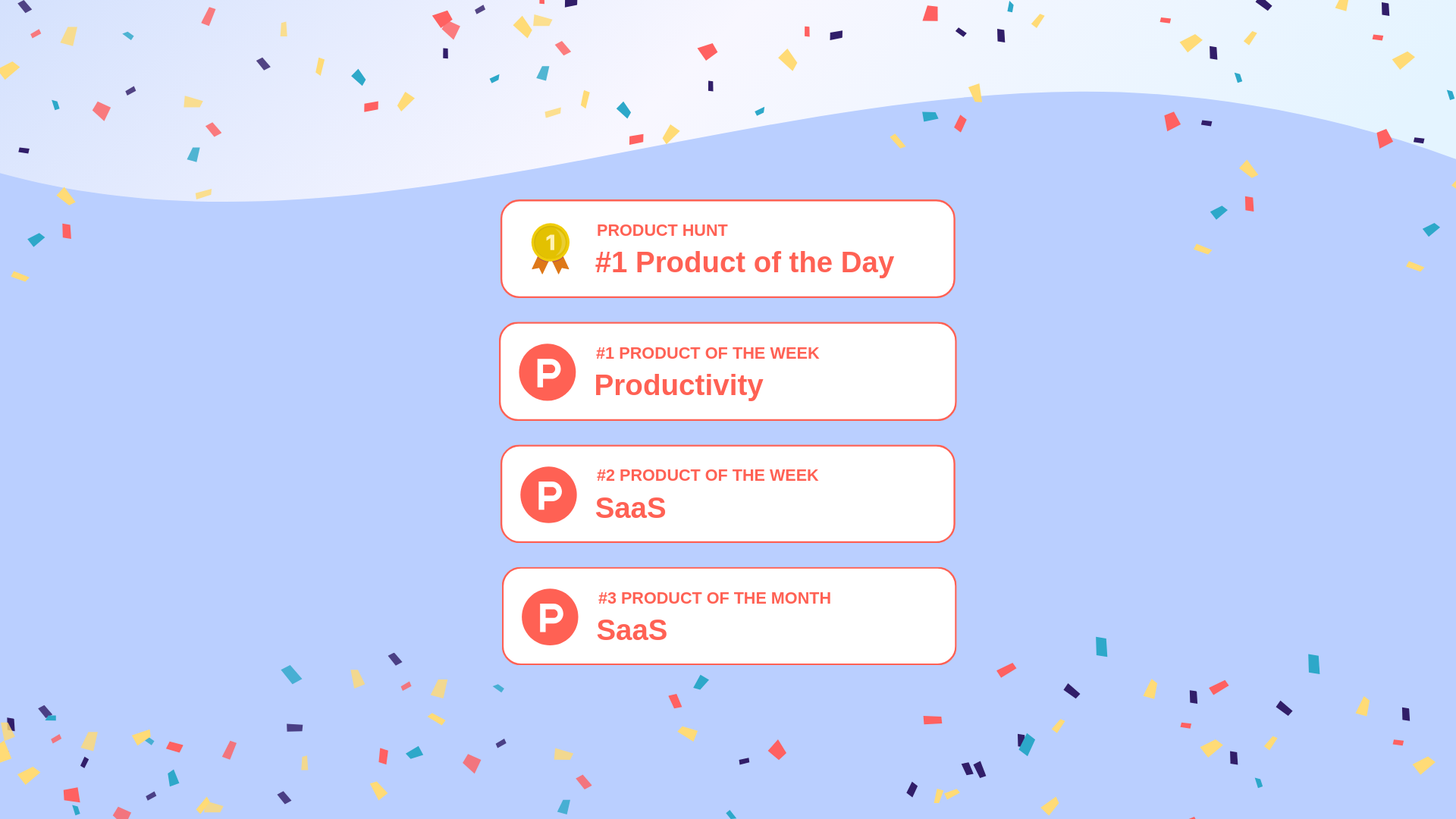Gone are the days when the majority of professionals were tied to a specific location in order to do their jobs. With the advent of the internet and the proliferation of remote work options, it's now possible for many people to live and work from anywhere in the world. This shift has had a major impact on cities, as professionals flock to more affordable and desirable locations, leaving behind the high costs and congestion of traditional urban centers.
In this blog post, we'll explore the rise of remote work and its impact on cities, and discuss what the future may hold for urban centers as they adapt to this new reality.
The Boom of Remote Work
Remote work has been on the rise for decades, but the COVID-19 pandemic has accelerated this trend to an unprecedented degree. As governments around the world implemented lockdowns and social distancing measures, companies of all sizes were forced to shift to remote work as a matter of necessity.
For many businesses, this sudden transition to remote work was smoother than expected. In a survey conducted by the Harvard Business Review, 84% of companies reported that their employees were as productive or more productive when working from home, and 72% of managers said they would like their employees to continue working from home at least part of the time after the pandemic ends.
This shift to remote work has had a major impact on the way people live and work. According to a survey conducted by Upwork, nearly two-thirds of professionals in the U.S. are now working remotely at least part of the time, and this trend is expected to continue even after the pandemic ends.
The Impact of Remote Work on Cities
As more and more people embrace remote work, cities are feeling the impact. With the ability to live and work from anywhere, many professionals are opting to leave traditional urban centers in search of more affordable and desirable locations.
This trend has had a major impact on real estate markets, as people flock to smaller cities, suburbs, and rural areas. According to a report by Redfin, the COVID-19 pandemic has led to an increase in demand for homes in suburbs and rural areas, as people look for more space and a better quality of life.
This shift has also had an impact on the economy of traditional urban centers, as businesses struggle to adapt to the new reality of remote work. In a survey conducted by the Urban Land Institute, nearly half of businesses said they are considering reducing their physical footprint as a result of the pandemic, and many are planning to permanently shift to remote work.
What Does the Future Hold for Cities?
As remote work becomes more prevalent, cities will need to adapt in order to survive. Some cities are already taking steps to become more attractive to remote workers, offering incentives such as discounted rent or fast internet speeds in an effort to attract professionals.
But it's not just about offering incentives – cities will also need to address the issues that are driving people away, such as high costs of living, congestion, and lack of affordable housing. If cities can address these issues and become more attractive to remote workers, they can thrive in the new era of remote work.
One possibility for the future of cities is the emergence of "digital districts," where businesses and professionals are clustered together in areas specifically designed for remote work. These districts would offer fast internet speeds, flexible work spaces, and other amenities that are attractive to remote workers.
In conclusion, the rise of remote work is transforming cities in a major way, and it's clear that the future of work will be significantly different than the past. Cities that can adapt to this new reality and address the issues that are driving people away, such as high costs of living, congestion, and lack of affordable housing, will be better positioned to thrive in the new era of remote work.
One company that is well positioned to take advantage of this shift is Retable.io, a company that is focused on remote work and has teams in 10 different cities including India, Turkey, Italy, and the United Kingdom. Retable.io is a spreadsheet platform that helps professionals collaborate and get work done, no matter where they are located. If you need a collaborative spreadsheet solution, Retable.io is right there to help you get the most out of your remote work experience.
more
Related Resources
Create your smart data management solution
Plan, track, and analyse with your ease. Transform your data with an all-in-one platform, collaborate with your teammates.
Try for Free
.png)




